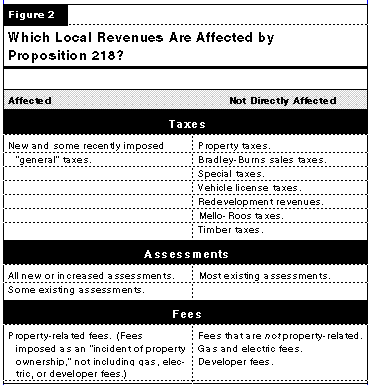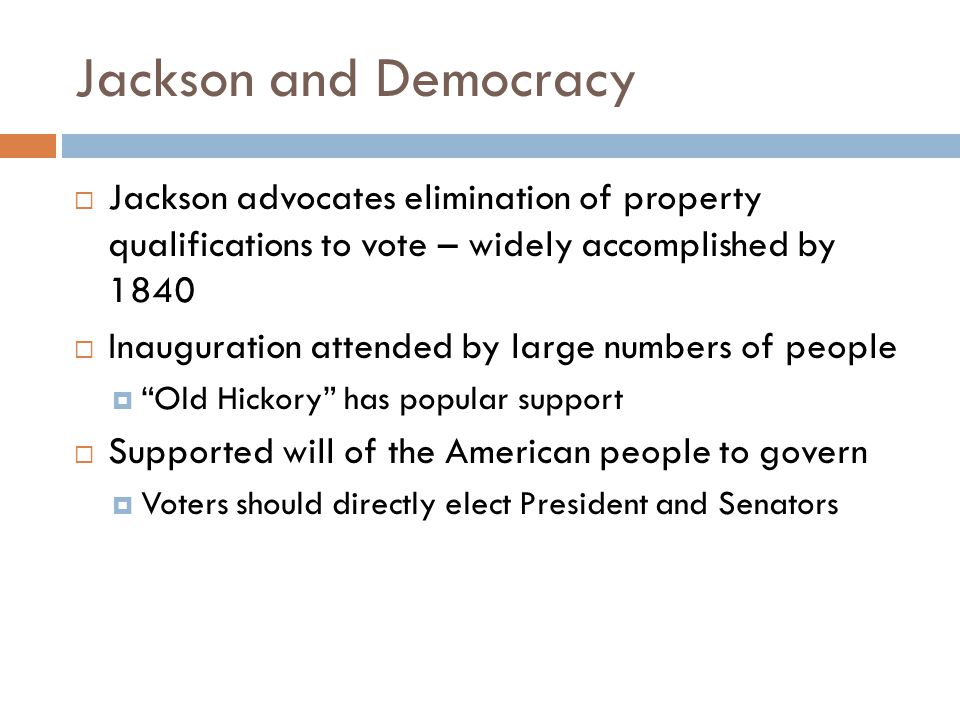Property Qualifications For Voting In England
Generally states limited this right to property-owning or tax-paying white males about 6 of the population. It firmly established that men above the age of 21 who were freeholders of property could vote and standardized this franchise across all boroughs.
Hard times resulting from the Panic of 1819 led many people to demand an end to property restrictions on voting and officeholding.

Property qualifications for voting in england. A 40 shilling-freeholders. In 1800 just three states Kentucky New Hampshire and Vermont. About 1 in 10 adult males could vote with different qualifications in counties boroughs and universities.
Be at least 18 years old be a British citizen an eligible Commonwealth citizen or a. The Constitution grants the states the power to set voting requirements. The act gave the vote to women over the age of 30 who met a property qualification or whose husband did.
Historian David Kaiser asks whether a property qualification for voting would be Constitutional. Most boroughs also returned two members. Appellant a 31-year-old college-educated bachelor who lived with his parents was denied the right to vote for the school board.
Property qualifications are restrictions on voting rights that limit suffrage to people who own property. The Expansion of Voting Rights. Free black males lose the right to.
Property Qualifications for Voting or Office Holding While some states constitutions retained property qualifications for voting and office holding the most democratic new constitutions moved toward the idea of voting as an entitlement rather than a privilege though they generally stopped short of universal suffrage even for free men. The Naturalization Act of 1790 allows free white men born outside of the United States to become citizens though not necessarily the right to vote. February 11 2021 Modern elections do not have property qualifications.
The 1716 Septennial Act made general electionscompulsory every seven years although if only one candidate stood for election there would be no contest. All previous voting qualifications were repealed and universal male suffrage based on residence and not on property ownership was established. Local elections England and Wales Candidates and agents Part 1 of 6.
Property qualifications for voting or office holding While some states constitutions retained property qualifications for voting and office holding the most democratic new constitutions moved toward the idea of voting as an entitlement rather than a privilege though they generally stopped short of universal suffrage even for free men. The most significant political innovation of the early nineteenth century was the abolition of property qualifications for voting and officeholding. Hard times resulting from the panic of 1819 led many people to demand an end to property restrictions on voting and officeholding.
The most significant political innovation of the early nineteenth century was the abolition of property qualifications for voting and officeholding. The total registered electorate in the United Kingdom grew from 57 million in 1885 to over 21 million in 1918Much of the growth was result of the Representation of the People Act 1918 which expanded franchise by abolishing property qualifications for men and introduced female suffrage for some women over the age of 30. Such restrictions were widely used in many nations around the world until the 1800s when a number of Western democracies began striking down limits on voting rights.
The franchise qualificationvaried a great deal in the boroughs. However it specifically stated that only men could vote laying down a statutory bar disenfranchising the nations women. The qualification for voting varied from borough to borough.
This means that it could be let for that amount. To vote for county MPs usually two per county a man had to own freehold property worth forty shillings per year. This represented 85 million women - two thirds of the total population of women in the UK.
This Act widened suffrage by abolishing almost all property qualifications for men and by enfranchising women over 30 who met minimum property qualifications. It occurred to me this morning that the solution to Republican electoral problems is when you think about it obvious and a friend of mine from a red state pointed out that a Tea Party leader has already mused about it back in the heady days of 2010. Whether it was in fact let was irrelevant.
3 Qualifications for standing for election To be able to stand as a candidate at a local government election in England and Wales you must. The voting qualification was to own land worth 40 shillings freehold. Property 2 be the spouse of one who owns or leases real property or 3 be the parent or guardian of a child in school.
Women over 30 years of age who qualified for a local government vote or if they were married their husband qualified for a local government vote were able to register to vote in Parliamentary. In counties it was freehold estate worth that is the value to the owner if he leased it to a tenant 40 shillings or more a year. The Act also instituted the present system of holding general elections on one day and brought in the annual electoral register.
Changes in parliamentary franchise from 1885 to 1918 in the United.
Read more »Labels: england, qualifications










